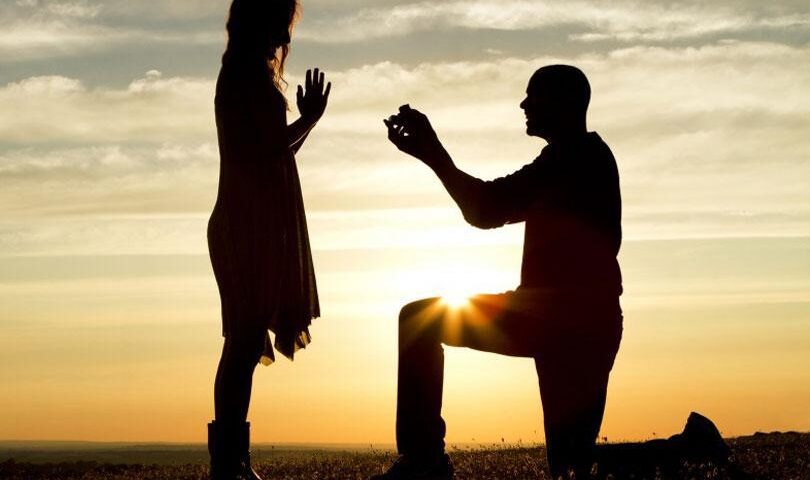
Bad Wedding Toasts, we’ve rounded up some Truly Terrible.
November 18, 2024
10 Non Traditional Wedding Vows Funny
November 18, 2024Getting married is a big step — and it is one we have been waiting longer and longer to do. These days the average American man is 29 years old before he walks down the aisle, and his blushing bride is 27.
The average age when we get married has been creeping up. In 1990 brides and grooms were 23 and 26 years old respectively; in 1960 they were just 20 and 22 years of age. Americans are not dragging their heels, at least not comparatively. In Chile, men are on average over 35 when they marry, and women are heading towards 33. Across much of Europe, grooms are over 30 too — about 34 in Italy, Spain and Ireland; their respective brides are older than in the US as well —between 31 to 32.
There are a number of reasons why this is. First off, more of us are going to college. That’s particularly true for women, who did not necessarily undertake further studies when they were largely expected to be homemakers. That’s a mixed blessing — because more of us are going to college, more of us are also saddled with debts. For many couples getting married with tens of thousands of dollars in tuition fees hanging over their heads just isn’t financially feasible.
After spending all that time and money on college, most women want to establish themselves in their careers before settling down or having children. Waiting has financial benefits for them too. The average annual income for a college-educated woman in her mid-30s who married after the age 30 is $50,415. That a lot more than the $32,263 average earnings of a college-educated woman the same age who married before age 20. Couples may wait until they are more established in their careers, or have bought their first home together before planning the expense of a wedding.
That’s another thing — weddings are getting more expensive too, and for the most part couples carry the bulk of the costs these days. That means many couples wait until they can afford the wedding that they want.
As well as education, there are social reasons why people delay getting married. For one thing, living together has become the norm. While religious couples of all faiths generally prefer to wait for marriage, living together is no longer frowned upon by society as a whole. Many couples live together before tying the knot, although quite a few live together for many years without ever marrying — and some research suggests that couples who live together are even less likely to get married than those who don’t.
Not everyone is living together though. We also live alone for longer periods. Technology has made this easier — living alone doesn’t mean being lonely when your friends are available in a few clicks. Domestic appliances means we are more self-reliant too. Whereas doing the laundry used to take hours of your day, the washing machine does the bulk of the work.
Later marriages are not necessarily a bad thing. For one thing there are fewer “shotgun” marriages these days. That’s a plus — pressuring two people into marriage if one or neither really wants it is a recipe for disaster, particularly for children stuck with warring parents.
Marriage is still a goal for most of us. A 2015 survey of Millennials found that two-thirds thought that marriage was a meaningful institution, and that getting married would lead a happier, healthier, more fulfilled life.
Just because we are likely to delay marriage, doesn’t mean that we don’t appreciate it. After all, you know what they say… Good things come to those who wait!

